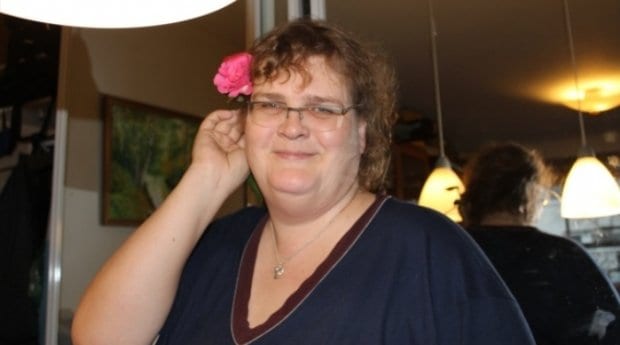Married transgender people face the prospect of either terminating their marriages or converting them to civil partnerships if they want legal recognition of the gender identity they use, following a ruling handed down by the European Court of Human Rights.
The case was brought by Finnish citizen Heli Hämäläinen, who married a woman in the late 1990s and wished to change the gender marker on her official documents to female after undergoing gender confirming surgery (also known as sex reassignment surgery), but her request was rejected by registry office officials, Pink News reports. Finnish officials told Hämäläinen they could grant her request only if she and her wife got a divorce or turned their marriage into a civil partnership, which Finland allows. Hämäläinen, who contested the rejection in Finnish courts, which upheld the registry office’s position, then took the case to the European court.
Hämäläinen and her wife argued that their rights — to marry, to private life and family, and to be free from discrimination — under the European Convention on Human Rights were violated. But the court disagreed.
In its decision, the court says that “it was not disproportionate to require the conversion of a marriage into a registered partnership as a precondition to legal recognition of an acquired gender as that was a genuine option which provided legal protection for same-sex couples that was almost identical to that of marriage.”
Pink News quotes the co-chair of Transgender Europe, Alecs Recher, as saying that the court missed an opportunity to “bring the practise of the court in line with the calls from many human rights specialists not to put trans persons in a dilemma to choose between legal gender recognition and other human rights like the right to marry.”
Recher adds that the ruling tells European countries that still force trans people to surrender their fundamental rights that their approach is acceptable, when it is not.
Read a critique of the European court’s decision.


 Why you can trust Xtra
Why you can trust Xtra


